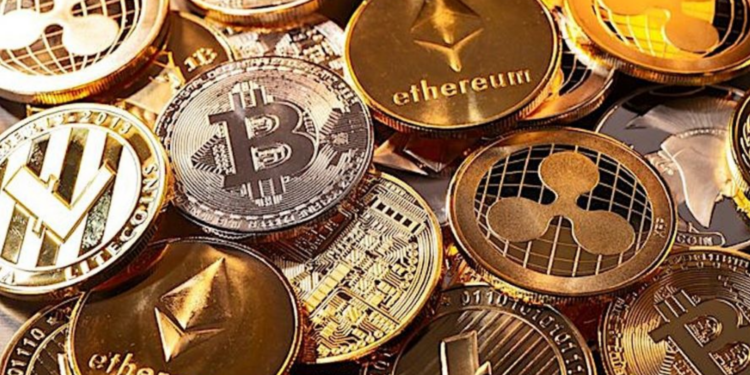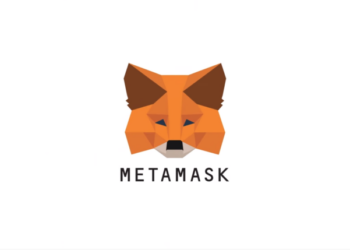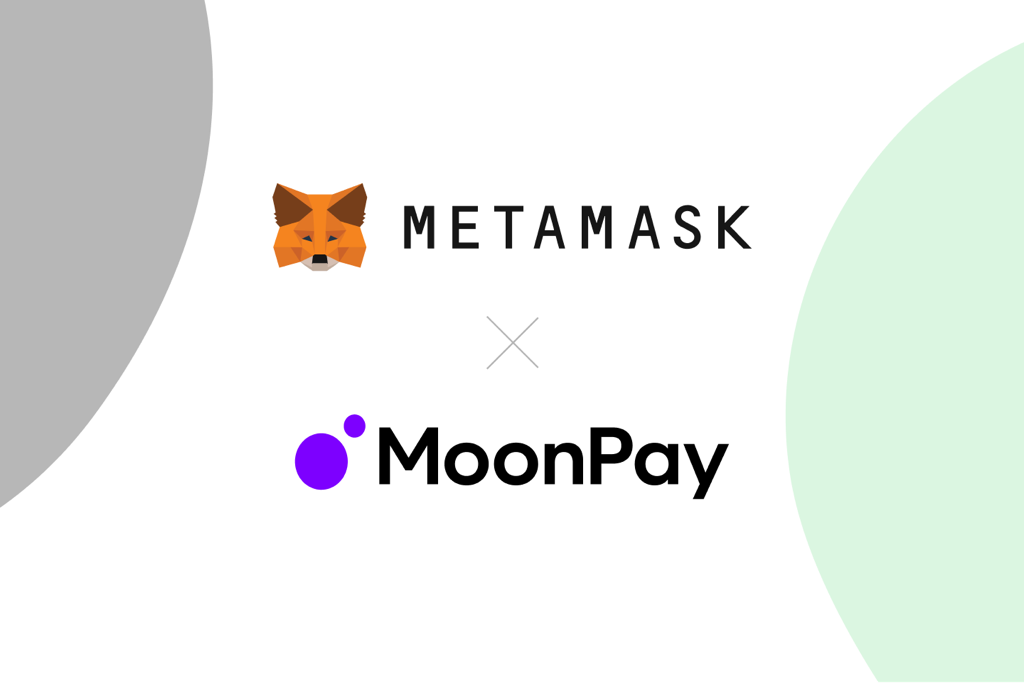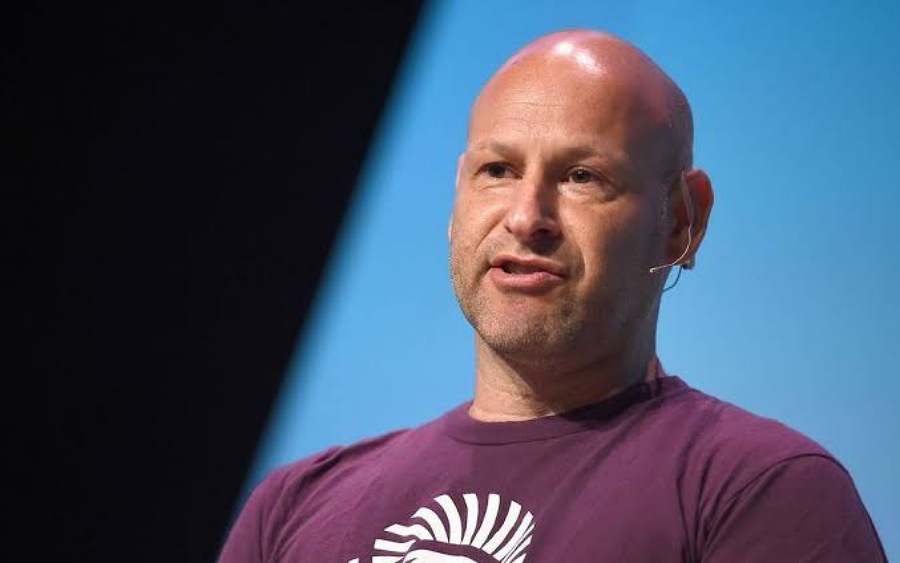ConsenSys and YouGov conducted a global poll which found Nigeria to have the highest level of crypto market awareness in Africa.
The purpose of the poll was to shed light on how different nations view cryptocurrencies and the larger Web3 ecosystem.
The poll’s main findings indicate that South Africa and Nigeria are the two nations with the highest levels of Bitcoin awareness.
99% of Nigerians and 98% of South Africans showed a higher comprehension of Web3 compared to respondents from developed nations including the UK, US, Japan, and Germany.
15,158 participants from 15 countries, ranging in age from 18 to 65, were surveyed. 70% of respondents from Nigeria claimed they were familiar with the fundamental ideas behind blockchain technology.
Ownership rates indicate Nigeria’s high degree of cryptocurrency awareness, with 76% of the 1,001 Nigerian respondents saying that they presently hold or have previously owned digital assets.
The most widely interested crypto assets by Nigerian residents were Bitcoin and Ethereum, which were followed by BNB and Dogecoin, which are both more popular than Tether.
Additionally, 65% of Nigerian respondents saw crypto assets as a protection against monetary depreciation and hyperinflation, while 90% of respondents expressed interest in investing in cryptocurrencies within the next year.
Despite regulatory concerns, 50% of respondents think that regulators should create policies that promote participation while safeguarding investors, especially since the CBN severed ties between crypto exchanges and local banks in February 2021.
A disparity between cryptocurrency awareness and expertise was also shown by the poll, which found that only 8% of respondents were educated with Web3 even though 92% of respondents were aware of cryptocurrencies. Web3, which offers decentralization, privacy, and digital ownership, will be the next major stage in internet development, according to poll respondents.
A sizeable number also wished to have more control over their online identities and data protection, with 70% agreeing that they ought to benefit financially from the sale of their data. Low levels of trust in present internet services, particularly social media, highlighted the need for improved identity ownership and privacy solutions.



















